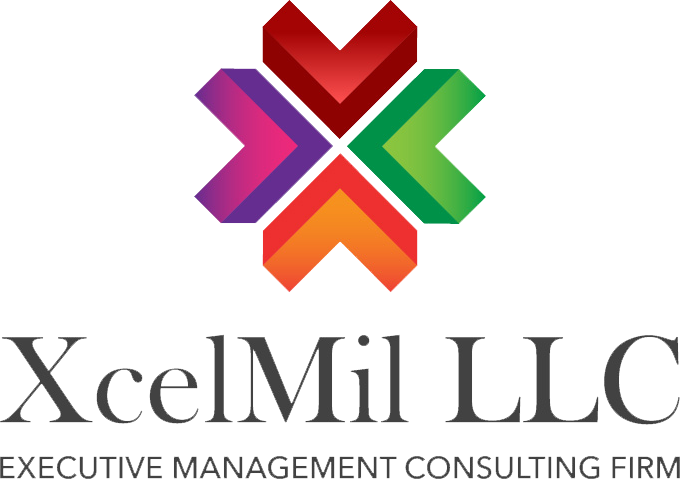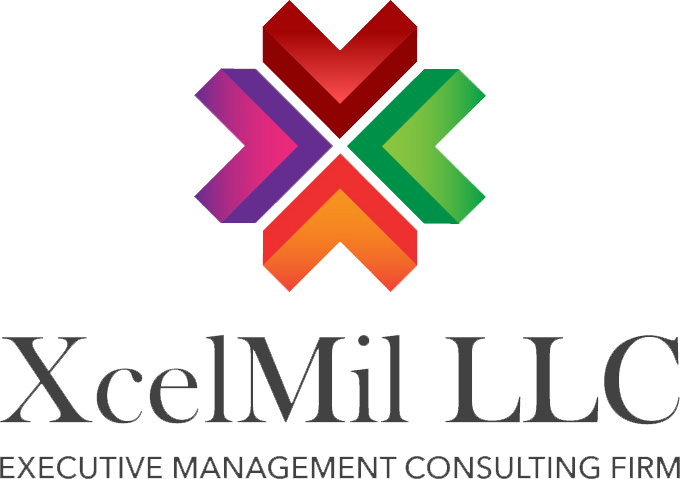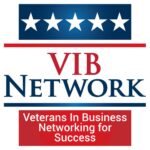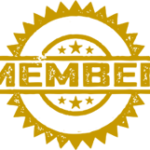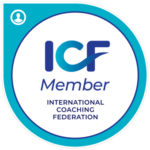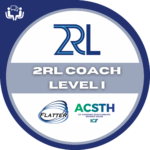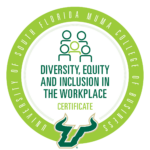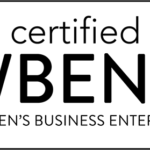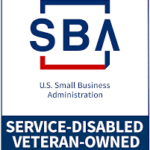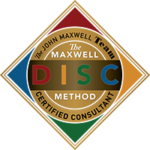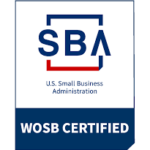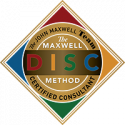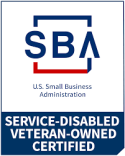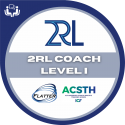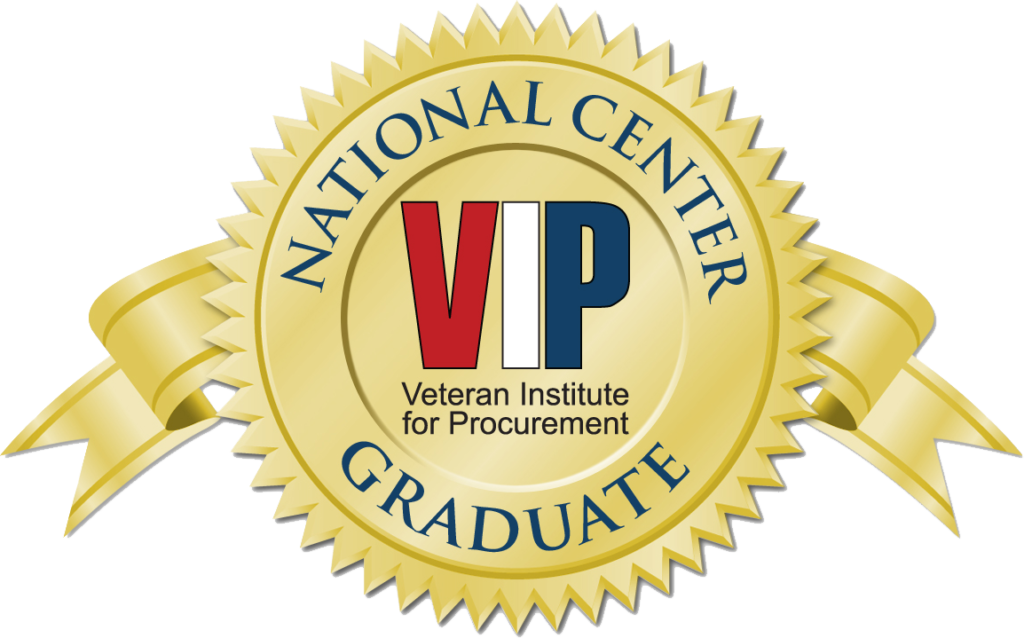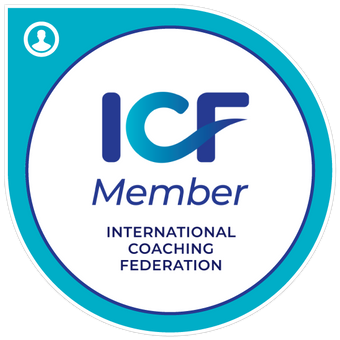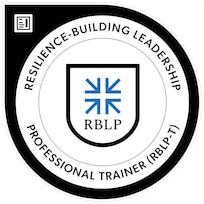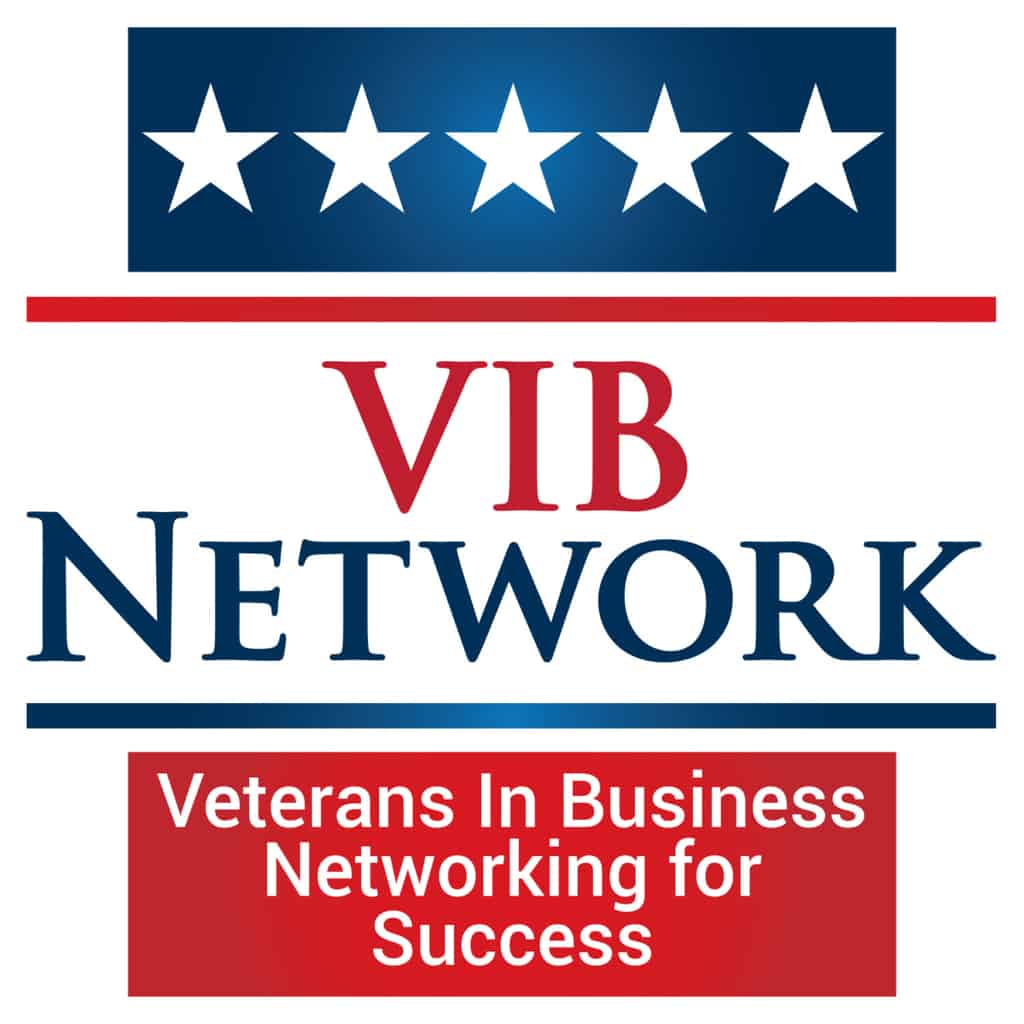Introduction
In today’s rapidly changing business landscape, team leaders are held to a higher standard. Not only do they need to have a clear vision for their team’s success, they must also ensure that every team member is empowered and motivated so their collective efforts can produce meaningful results. Assembling a successful team, however, is not an easy task; it involves overcoming various challenges, such as fostering team trust, enabling clear communication, and understanding individual strengths and weaknesses. If done ineffectively, it can lead to costly delays, misunderstandings, and missed opportunities.
Therefore, it is essential for every leader to be aware of the common pitfalls and learn effective management strategies in order to build a unified team capable of achieving great things.
Definition of an Effective Team
An effective team is a group that operates cohesively, collaboratively, and efficiently to achieve shared objectives. It is characterized by clear communication channels, mutual trust and respect among members, and the ability to work towards common goals while leveraging individual strengths. Effective teams prioritize open dialogue, constructive feedback, and active participation from all members.
Leading an effective team presents numerous challenges for leaders in today’s fast-paced business environment. One of the primary difficulties is managing diverse personalities within the team. Each member brings their unique set of experiences, values, and perspectives that can sometimes clash or create conflicts. Leaders must navigate these differences effectively to foster a harmonious working environment.

Another challenge faced by leaders is establishing open communication channels within the team. Encouraging transparent dialogue ensures that information flows freely between team members and promotes collaboration. However, creating an atmosphere where individuals feel comfortable expressing their opinions can be challenging due to hierarchical structures or fear of judgment.
Overall, leading an effective team requires overcoming obstacles such as managing diverse personalities and fostering open communication channels. Skillful leadership plays a crucial role in addressing these challenges and cultivating teamwork that drives performance towards organizational goals.
Challenges of Leading an Effective Team
Leading an effective team comes with its fair share of challenges that can make the task complex and demanding. One major challenge is managing diverse personalities within the team. Each individual brings their own unique set of skills, experiences, and perspectives to the table, which can lead to clashes or misunderstandings if not properly addressed. A leader must be able to recognize and appreciate these differences while fostering a cohesive and inclusive environment.

Another challenge faced by leaders is establishing open communication channels within the team. Effective communication plays a crucial role in ensuring that everyone understands their roles, objectives, and expectations. However, achieving clear communication can be difficult when dealing with different personalities or when addressing sensitive topics such as conflicts or performance issues. Leaders need to create a safe space where team members feel comfortable expressing themselves honestly while also providing support for constructive feedback.
- According to a survey by the Society for Human Resource Management (SHRM), 58% of employees cite poor communication as a primary source of workplace
- In a survey conducted by The Economist Intelligence Unit, 44% of respondents identified communication as the most significant challenge in leading a global team.
Overall, leading an effective team requires exceptional skills in navigating diversity and promoting open communication channels among team members. It demands both dedication and perseverance from leaders as they strive towards cultivating cooperation, driving performance, and achieving organizational goals amidst various obstacles that may arise within the dynamic business landscape.
Finding the Right People
Finding the right people is one of the major challenges faced by leaders in creating an effective team. It requires a thorough understanding of the skill sets and personalities that are needed to achieve organizational goals. Leaders must navigate through a crowded job market, identifying individuals who not only have the necessary qualifications but also possess qualities such as adaptability, strong work ethic, and teamwork. Furthermore, finding individuals who align with the organization’s values and culture can be an arduous task.
Once potential candidates are identified, leaders face another challenge – attracting them to join their team. In today’s competitive environment where top talent is in high demand, leaders need to effectively communicate their vision, provide compelling reasons for why someone should join their team, and offer attractive benefits or incentives tailored to individual preferences.

Finally, even after assembling a group of talented individuals, ensuring they work well together can prove challenging. Different personality types may clash or struggle to understand each other’s perspectives. Effective communication channels need to be established so that ideas can flow freely among team members without fear of judgment or conflict. Creating an inclusive and collaborative environment where everyone feels valued requires constant attention from leaders.
Building Trust and Open Communication
Building trust and open communication are essential components of leading an effective team. Trust is the foundation upon which teams are built, as it allows for honest and transparent collaboration. Leaders must work to establish trust by being reliable, keeping commitments, and demonstrating integrity in their actions.
- The Project Management Institute (PMI) reports that ineffective communication and coordination are the primary causes of project failure, leading to an estimated 31% of project budget loss.
- A study by MIT Sloan Management Review found that only 25% of teams believed their organizations effectively coordinated work across departments and functions.
Open communication is equally important in fostering a cohesive team environment. When team members feel comfortable expressing ideas, concerns, and feedback openly, it leads to better problem-solving and innovation. A leader’s role in this process involves creating a safe space for open dialogue where individuals feel heard and valued.
However, building trust and promoting open communication can be challenging for leaders. They must overcome potential barriers such as cultural differences or personal biases that may impede understanding or create conflict within the team. Additionally, maintaining consistent messaging across diverse channels of communication presents its own set of challenges but is crucial for avoiding misunderstandings or misinterpretations within the team dynamic.
Delegating Tasks and Assigning Responsibilities
Delegating tasks and assigning responsibilities is a critical aspect of leading an effective team. However, it can also be challenging. One of the main hurdles faced by leaders is ensuring that tasks are delegated to the most appropriate team members based on their skills and capabilities. This requires a deep understanding of individual strengths and weaknesses within the team, as well as clear communication regarding expectations and desired outcomes.
- A survey by Workfront revealed that knowledge workers spend only 43% of their time on primary job duties, with the rest being consumed by email, meetings, and administrative tasks.
- According to a report by McKinsey, employees spend 20% of their time searching for information or colleagues to help with specific
Another challenge in delegating tasks is striking a balance between empowering team members to take ownership of their responsibilities while still maintaining oversight and accountability. Leaders must trust their team members’ abilities but also provide necessary guidance and support when needed.

Furthermore, effectively delegating tasks involves setting realistic deadlines, managing priorities, and ensuring that everyone has access to the resources they need to complete their assigned duties successfully. Clear communication channels must be established to address any questions or concerns that may arise during task delegation.
Overall, delegation plays a crucial role in enabling a leader to leverage the diverse skills within their team while fostering motivation, collaboration, and productivity. However, navigating these challenges requires strong leadership skills coupled with effective communication strategies.
Managing Conflict and Negotiations
Managing conflict and negotiations is a crucial aspect of leading an effective team. Conflict can arise from various sources such as differences in personalities, opinions, or objectives within the team. As a leader, it is vital to have the skills to address conflicts promptly and constructively in order to maintain team cohesion and productivity. This involves creating an environment where open communication channels are encouraged, allowing team members to express their concerns and engage in productive discussions.
- A study by CPP Global revealed that S. employees spend an average of 2.8 hours per week dealing with conflicts, costing companies approximately $359 billion per year in work hours.
- According to a survey by the American Management Association, 24% of managers spend more than 20% of their time dealing with conflicts among team
Negotiations also play a pivotal role in managing conflict within a team. Leaders need to be adept at facilitating negotiations between conflicting parties by encouraging compromise and finding common ground. By effectively mediating these disputes through active listening, understanding multiple perspectives, and employing appropriate negotiation strategies, leaders can help resolve conflicts amicably while fostering collaboration among team members. Ultimately, effective conflict management and negotiations not only contribute to better teamwork but also lead to improved overall performance for the organization as a whole.
Conclusion
In conclusion, leading an effective team is no easy feat. Leaders must navigate through various challenges to ensure cooperation, performance, and success within the organization. These obstacles range from managing different personalities to fostering open communication channels.
One of the main hurdles faced by leaders is dealing with diverse personalities within their teams. Individuals have unique strengths, weaknesses, and ways of working that need to be understood and managed effectively. Balancing these differences while promoting collaboration can be a delicate task for leaders.
Another significant challenge is establishing and maintaining open lines of communication among team members. Effective communication is crucial for ensuring shared goals, objectives, and expectations are clear to everyone involved. Leaders must create an environment where people feel comfortable expressing themselves openly while also actively listening to others’ perspectives.
Overall, being a successful leader requires exceptional skills in overcoming these challenges with dedication and perseverance. By addressing the issues related to personality diversity and promoting open communication channels, leaders can lead their teams towards effectiveness and help achieve organizational goals efficiently.
Does your organization have a fully developed leadership strategy or plan?
Book a consultation with us now! Please do not hesitate to contact us with any questions. We would love to hear from you. Email at [email protected].
Our NAICS codes: https://xcelmil.com/naics/
Click here https://xcelmil.com/xcelmil-coaching-and-consulting-services/ to learn more about our services.
Twitter: https://twitter.com/GraticMelody
LinkedIn: https://www.linkedin.com/in/melodygraticconsulting/
XcelMil, LLC is a certified Minority-Woman and Service-Disabled Veteran-Owned Small Business specializing in Executive Management Consulting and Leadership Development Training.
